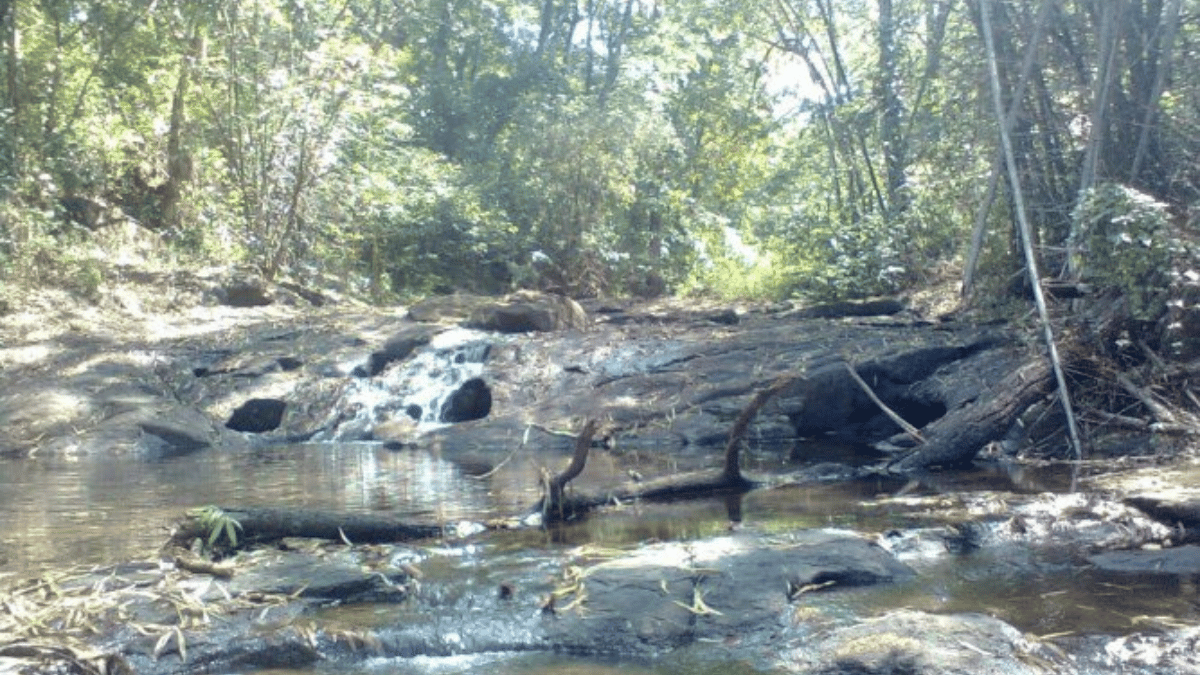A new rule from the Environmental Protection Agency (EPA) gives the agency more power over intrastate bodies of water, but Attorney General Patrick Morrisey is calling it federal overreach.
The rule defines waters protected under the Clean Water Act. It expands the EPA’s authority over intrastate bodies of water like lakes, ponds, streams and wetlands.
The rule’s text says it “ensures critical protections for the nation’s vital resources, which support public health, environmental protection, agricultural activity and economic growth.”
Morrisey called the rule federal overreach during a press conference Thursday afternoon, arguing it takes jurisdiction away from states and would negatively affect economic and job growth, and that smaller bodies of water should be regulated differently than larger rivers. He says it could affect farmers, developers or other property owners who want to utilize waterways on their land.
“When you look at the way the rule is structured, we are very concerned once again, that this is targeting ephemeral streams, or even your backyard ditch,” Morrisey said.
The rule, formally titled “Revised Definition of ‘Waters of the United States,” is set to replace a rule put in place by the Trump administration called the “Navigable Waters Protection Rule,” which reduced the number of wetlands protected by the Clean Water Act on a federal level.
The rule is set to go into effect March 20, sixty days after its original publication in the federal register. The lawsuit is set to be filed in North Dakota, with West Virginia joining 23 other states.
